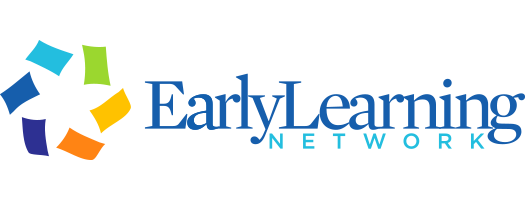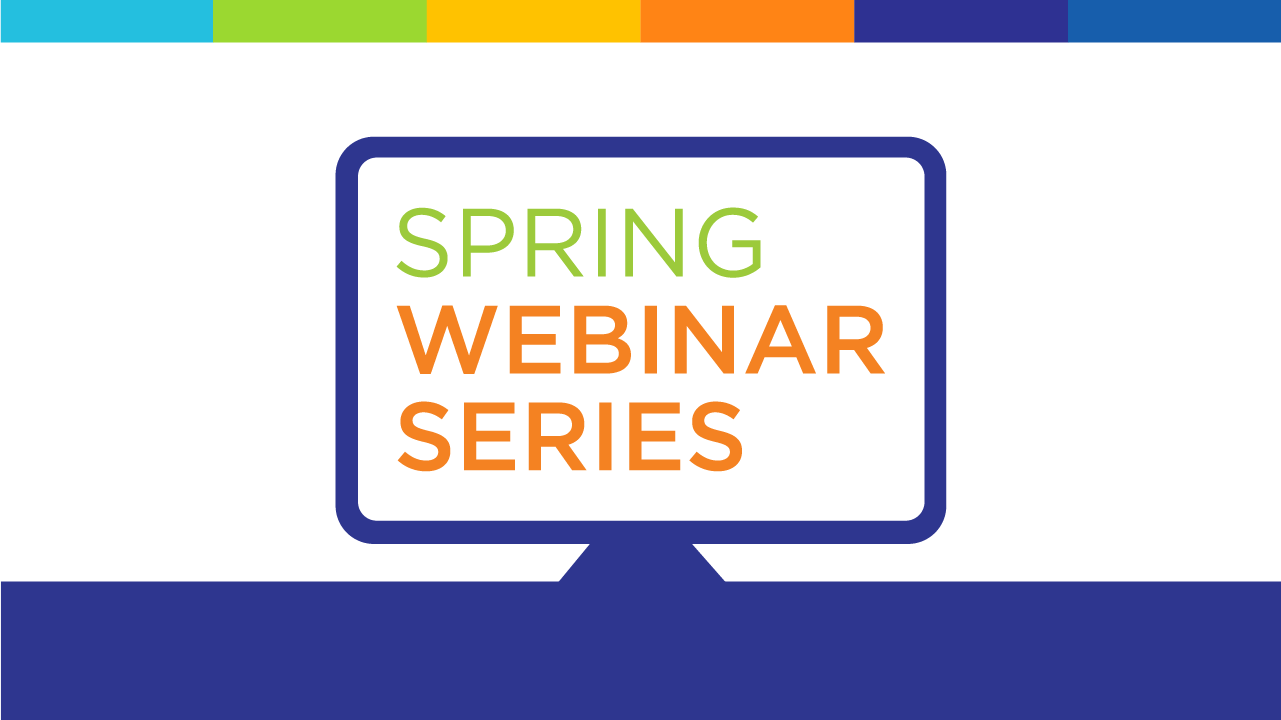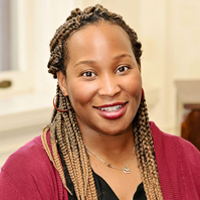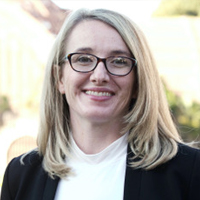The Early Learning Network’s 2021 Spring Webinar Series highlighted policies and practices to help children maintain early learning success during the transition from pre-K to third grade and beyond. Researchers shared findings from the network’s diverse nationwide studies and discussed their implications for children’s learning and development.
Recordings and other resources from the four-part series are available below.
Webinar 1: Transitions & Alignment
Easing the Transition from Pre-K to Kindergarten
April 20, 2021
Moderator: Sue Sheridan, Ph.D., Director, Nebraska Center for Research on Children, Youth, Families and Schools, University of Nebraska–Lincoln
A child’s transition from pre-K to kindergarten is a critical time. It builds the foundation for academic, behavioral and social-emotional skills, as well as positive family-school connections, for years to come. Results from the Early Learning Network’s diverse research studies suggest there is significant misalignment — or lack of continuity — in the experiences children have across the pre-K to kindergarten transition. In this webinar, Early Learning Network’s researchers discuss alignment and share ways to ease children’s transition to formal school.
This webinar will help you:
- Better understand what “alignment” means in educational systems.
- Discover key differences between pre-K and kindergarten classrooms.
- Learn practices and policies that can bring children’s early experiences into greater alignment and promote a smooth transition to school.
Watch WebinarListen to WebinarView Presentation Slides
Co-presenter
Ginny Vitiello, Ph.D.
Assistant Professor
University of Virginia
Biography
Co-presenter
Kelly Purtell, Ph.D.
Assistant Professor, Human Development and Family Science
The Ohio State University
Biography
Webinar 2: Family Engagement
Home- and School-Based Activities to Support Student Success
May 4, 2021
Moderator: Sue Sheridan, Ph.D., Director, Nebraska Center for Research on Children, Youth, Families and Schools, University of Nebraska–Lincoln
Strong family engagement with early childhood programs and schools is key to children’s healthy development and supports their ability to maintain early learning gains. In this webinar, Early Learning Network researchers explore the role of family engagement and at-home learning activities in supporting children’s development.
This webinar will help you:
- Discover what the network is finding regarding family engagement and the implications for families and practitioners.
- Learn at-home activities to support children’s constrained (basic) and unconstrained (more complex) skills.
- Gain a deeper understanding of the link between family engagement and positive outcomes for children, families and educators.
Watch WebinarListen to WebinarView Presentation Slides
Co-presenter
Amanda Witte, Ph.D.
Research Assistant Professor, Nebraska Center for Research on Children, Youth, Families and Schools
University of Nebraska–Lincoln
Biography
Co-presenter
JoAnn Hsueh, Ph.D.
Director, Families & Children’s Well-Being Policy Area
MDRC
Biography
Webinar 3: Diversity, Equity & Inclusion
Building Toward Racial Diversity, Equity and Inclusion in Early Learning
May 18, 2021
Moderator: Lisa Knoche, Ph.D., Co-Director, Nebraska Center for Research on Children, Youth, Families and Schools; Director, Nebraska Academy for Early Childhood Research; Research Associate Professor, University of Nebraska–Lincoln
Early care and education (ECE) programs are often pointed to as levers for addressing racial disparities in early learning. However, research consistently shows significant inequities in access to, experiences in, and outcomes from ECE and a general failure of ECE programs to promote equitable outcomes for children of color. In this webinar, Early Learning Network researchers examine systemic and instructional factors that stand to promote more equitable opportunities and outcomes for children of color. The presenters also share cross-network findings and approaches on centering racial equity in studies of young children and moving beyond a deficit perspective to enhance diversity, equity and inclusion in the broader field of early care and education.
This webinar will help you:
- Better understand how systemic factors affect equitable early learning experiences and outcomes.
- Learn more about the types of practices that can support racial equity in early care and education.
- Center racial equity in your practices, policymaking and research.
Watch WebinarListen to WebinarView Presentation Slides
Co-presenter
Iheoma Iruka, Ph.D.
Research Professor, Public Policy
The University of North Carolina at Chapel Hill
Biography
Co-presenter
Meghan McCormick, Ph.D.
Research Associate, Family Well-Being and Children’s Development
MDRC
Biography
Webinar 4: Individualized Instruction & Assessment
Optimizing Learning Opportunities for Students: A Tool for Practitioners to Individualize Instruction
June 1, 2021
Moderator: Lisa Knoche, Ph.D., Co-Director, Nebraska Center for Research on Children, Youth, Families and Schools; Director, Nebraska Academy for Early Childhood Research; Research Associate Professor, University of Nebraska–Lincoln
Each student brings a distinct set of skills, languages, perspectives and other characteristics to school and may experience different learning opportunities — even within the same classroom. A one-size-fits-all approach to instruction may put some students at a disadvantage. In this webinar, a member of the Early Learning Network’s assessment team and an elementary school teacher discuss the importance of using assessment and observation tools to guide individualized instruction, particularly as it relates to literacy.
This webinar will help you:
- Discover technological supports available to individualize instruction, including Assessment to Instruction (A2i) and the Optimizing Learning Opportunities for Students (OLOS) observation system.
- Understand how these two observation systems, A2i and OLOS, work together to give teachers detailed information about each child’s literacy skills, recommendations for instructional minutes and activities to meet them where they are in their development, as well as the amount of time spent in different learning opportunities.
- Hear researcher and practitioner perspectives on using these tools.
Watch WebinarListen to WebinarView Presentation Slides
Co-presenter
Ashley Adams, Ph.D., CCC-SLP
Assistant Professor, Speech, Language, and Hearing Sciences
San Diego State University
Biography
Co-presenter
Sara Ruffner
Literacy Outcomes Specialist
Learning Ovations










